Enhancing Clinical Skills Through Simulation-Based Learning in Hospitals
Introduction
In the fast-paced world of healthcare, the ability to make accurate and timely clinical decisions can mean the difference between life and death. Traditional learning methods, which primarily involve theoretical instruction and hands-on experience with real patients, have limitations in preparing healthcare professionals for complex and high-pressure scenarios.This is where simulation-based learning (SBL) in hospitals is transforming clinical training, offering a safe and effective environment for healthcare providers to develop and refine their skills.
What is Simulation-Based Learning?
Simulation-based learning involves the use of high-fidelity mannequins, virtual reality (VR), augmented reality (AR), and other interactive technologies to replicate real-world medical scenarios. These simulations allow healthcare professionals, including doctors, nurses, and emergency responders, to practice procedures, improve decision-making, and enhance teamwork without putting actual patients at risk.
Importance of Simulation in Clinical Training
- Enhancing Hands-On Experience
- Unlike traditional classroom-based learning, simulation allows medical professionals to practice and perfect their skills in a controlled environment.
- High-fidelity mannequins can mimic human responses such as breathing, pulse, and pupil reaction, providing a realistic training experience.
- Improving Decision-Making Skills
- Clinical simulations expose trainees to a variety of medical conditions, enabling them to develop critical thinking and problem-solving skills.
- Practicing with simulations reduces errors and enhances confidence when dealing with real-life patients.
- Increasing Patient Safety
- Simulation-based training minimizes the risk of medical errors by allowing healthcare providers to refine their techniques before performing procedures on real patients.
- Hospitals with structured simulation programs have reported fewer adverse events and improved patient outcomes.
- Developing Communication and Teamwork
- Medical simulations often involve interdisciplinary teams working together, mirroring actual hospital settings.
- Effective communication is essential in healthcare, and simulation training fosters teamwork among doctors, nurses, and other healthcare professionals.
- Enhancing Emergency Preparedness
- Hospitals frequently deal with emergency cases such as cardiac arrests, trauma, and stroke, requiring immediate and well-coordinated responses.
- Simulation-based drills prepare healthcare workers to act swiftly and efficiently under pressure, leading to better crisis management.
Types of Simulation-Based Training in Hospitals
- Mannequin-Based Simulations
- High-fidelity mannequins simulate real human responses and are used for training in areas like CPR, intubation, and trauma care.
- Virtual Reality (VR) and Augmented Reality (AR) Simulations
- VR and AR technologies provide immersive experiences, allowing trainees to interact with digital representations of real-life medical conditions.
- Task Trainers
- These are specialized devices used for practicing specific medical skills, such as venipuncture, catheterization, and laparoscopic surgery.
- Standardized Patients (SPs)
- In some hospitals, trained actors play the role of patients, helping medical professionals practice history-taking, physical examinations, and patient interactions.
Benefits of Simulation-Based Learning for Different Medical Professionals
- For Medical Students: Enhances anatomical understanding, diagnostic reasoning, and procedural skills.
- For Nurses: Improves skills in wound care, IV insertion, and patient monitoring.
- For Surgeons: Provides hands-on practice for complex surgical procedures without the risks associated with real-life operations.
- For Emergency Responders: Trains professionals in handling trauma cases, mass casualties, and resuscitation scenarios.
Challenges and Future Prospects
While simulation-based learning offers immense benefits, it does come with challenges such as high costs, the need for continuous technological updates, and the requirement for skilled trainers. However, with advancements in artificial intelligence (AI) and machine learning, future simulations will become even more sophisticated, making training more effective and accessible.
Conclusion
Simulation-based learning is revolutionizing medical education and hospital training programs, significantly improving clinical competency, patient safety, and healthcare efficiency. As technology continues to evolve, simulation-based training will become an integral part of hospital education, ensuring that medical professionals are well-equipped to handle the complexities of modern healthcare.
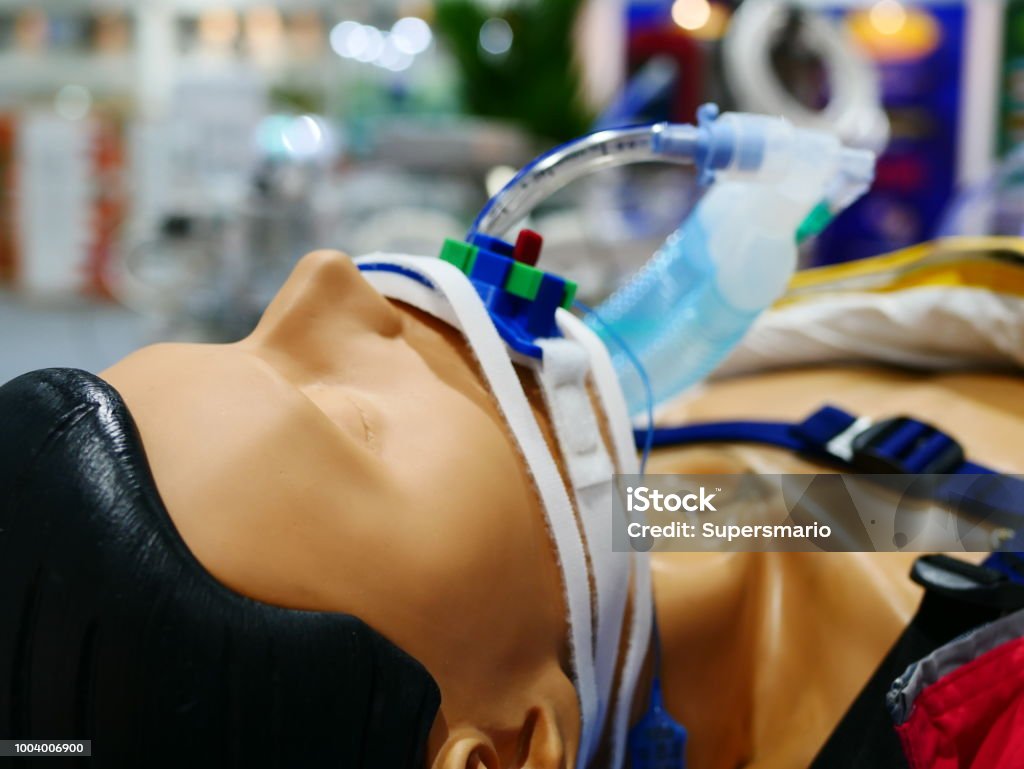


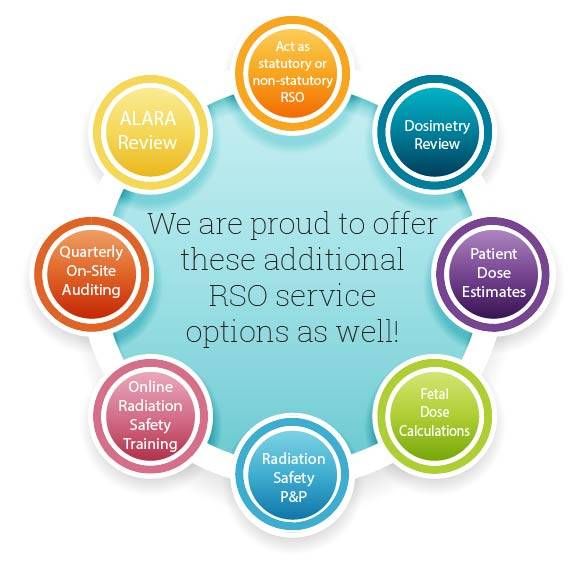

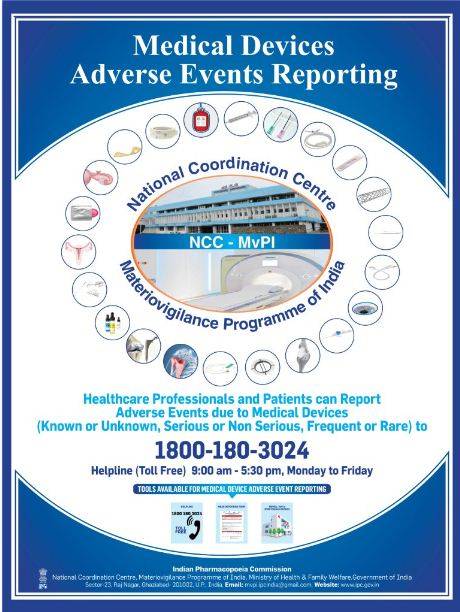

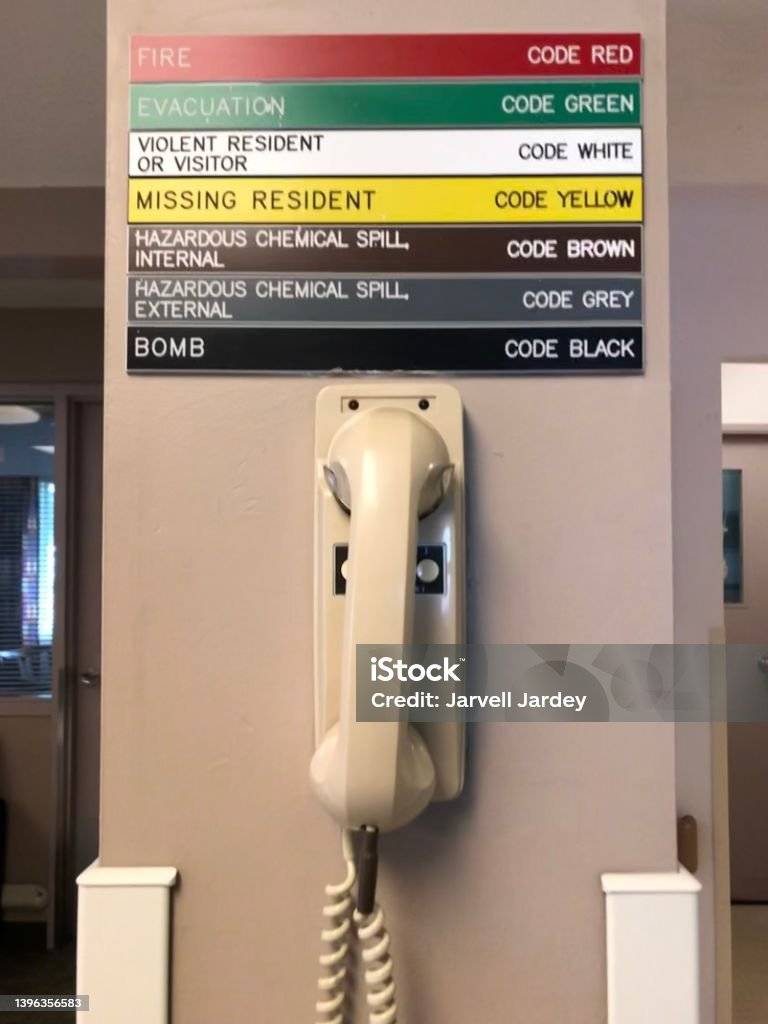
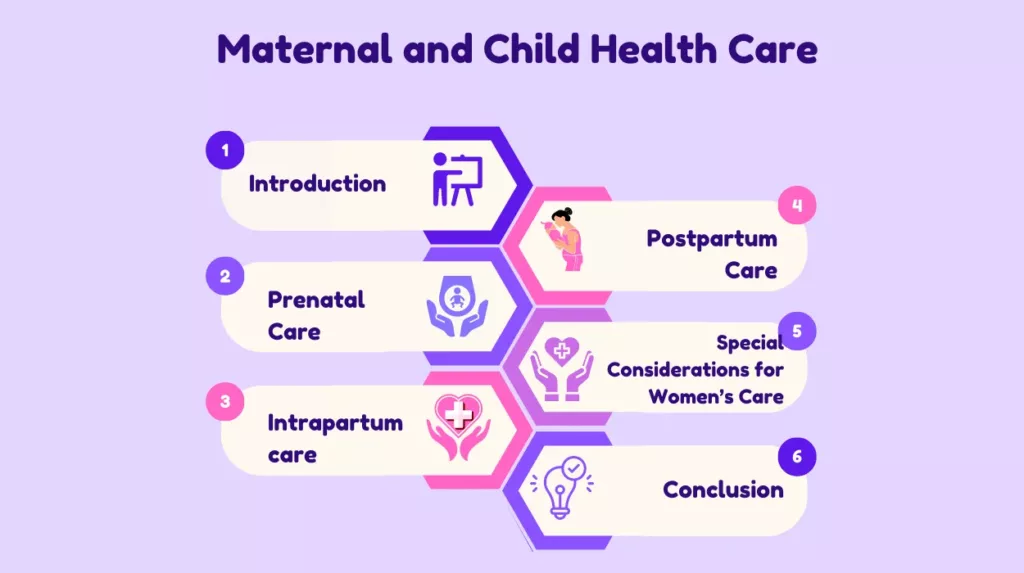

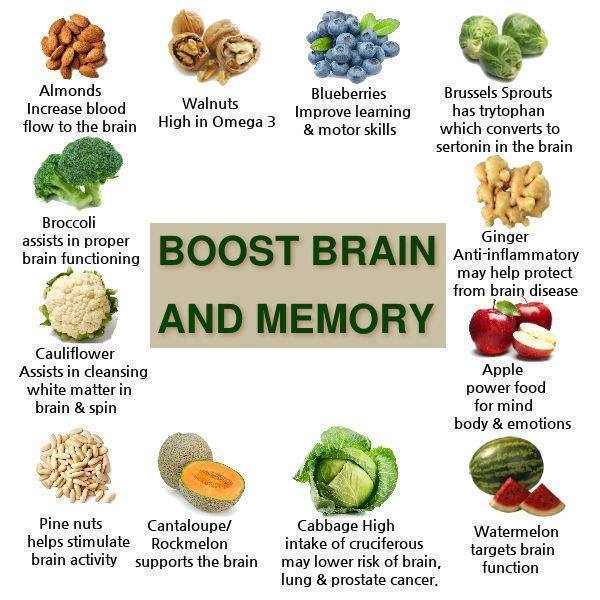
Leave a Reply